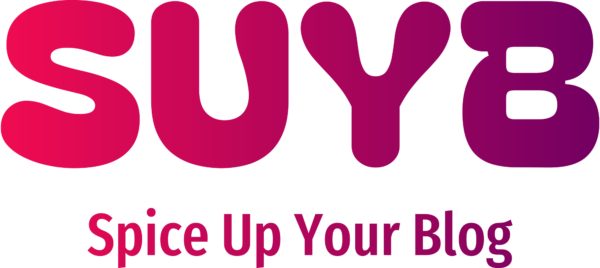One of the biggest things bloggers and columnists are hearing about today in regards to their products, services or writing is authorship.The search giant’s Google’s results now filter with images representing authorship for each individual blog entry. This is especially helpful for people wanting to know who’s writing about what. Inherently, these writers are establishing authority. But not only can you simply establish authorship/authority through an site-specific author-bio, you can also do it through social media.
Amongst the large handful of popular communities is the largest and most powerful, Facebook. If you were a blogger that’s opening up a domain for the first time, you have an option to register privately – I would recommend doing so. Now most of you reading this now would stop and say, well that’s just ridiculous – why wouldn’t you want to give your audience a chance to reach you? Well, you can, but not with e-mail. E-mail just open’s up your communication line to spammers, unworthy newsletters and unwanted subscriptions. Why not take this opportunity to explore another venue for authorship like Facebook? Facebook allows users to fill out full contact fields, including name, email, phone, address, company, etc…It also yields company specific pages for users who don’t wish to have their personal profiles flooded with questions and feedback.
Nevertheless, by registering with the almighty FB, you’re more or less making others go through a process of verification. In other words, the community itself inherently takes on the role of a spam filter. A robot can’t make a fake Facebook account. Of course, a real person can make a FB account appear to be spam, but it’s one more step an actual spammer will have to go through to reach you. Secondarily, that user will have to become a friend before he or she has access to your full profile/feed.
Share What You Know
This is all very similar to the way Google first introduced its Google Profile verification method. They actually asked users to versify their identity with the platform Knol. Commonly know for it’s slogan “share what you know,” Knol was in fact one of the first forms of authorship verification that Google used. With + (Google +), this is really no longer necessary. The social venue Google + is another great way to get in touch, engage and communicate with your readers.
And much like Facebook, + allows for location updates – Let’s say you’re in the business of real estate, or you’re a real estate blogger. If you’ve created a fan base on Facebook, your probably more inclined to use a feature where you can let your potential home buyers know your exact location, especially if it’s for an open house. So instead of flagging everybody down individually, you’ve now created an open environment for hosting events like this. In this particular case, authorship has yielded a much higher level of engagement. Basically, the more you do to prove you’re real, the more authority you gain. But again, authority yields various levels of engagement.
Social media is one way to broadcast your message, or perhaps drive feedback. Some authors utilize things like questionnaires and polls to garner attention towards their proposed topics. The science behind blogging isn’t all that difficult, and it’s unwise to just spew out as much content as you can in the shortest amount of time. Readers want accurate, authoritative and substantial posts. In other words, you’ll want to make sure that the information you’re delivering is unique to any other location, and that your readers understand that “hey, this is the guy to go to about subject x, y and z.” Pictures, videos, and anything else that can be considered engagement and fulfilling to the reader will have your fans coming back for more.
But, in the end, social communities like Facebook are great ways for you to get in touch with your readership. Likewise, they are great spam blockers. With many different ways to engage and interact (i.e. – events, places, media etc…), it’s no wonder why so many authors have chosen to add a FB button, or perhaps integrate their personal feed into their blog home page.
Similar Posts
- Neat Triangle Design Social And Rss Icon Gadget For Blogger And WordPress
- Facebook Release New Official Facebook For WordPress Plugin
- One Time Facebook Pop Up Like Box For Blogger
- The Significance of Social Media, Author Verification and Engagement
- 5 Headline Formats That Are Sure to Attract Readers











